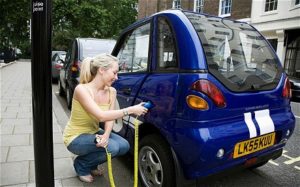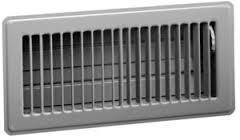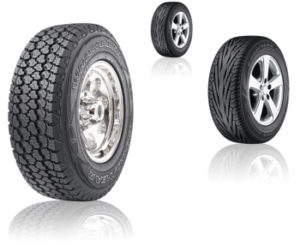 There are two big negatives when it comes to purchasing electric vehicle today. When will electric cars be economic and what are the factors that are controlling the time for payback. The first and foremost is the cost of the vehicle. It is often typically $10,000 more than the same size car. Even the same model that is gasoline powered.
There are two big negatives when it comes to purchasing electric vehicle today. When will electric cars be economic and what are the factors that are controlling the time for payback. The first and foremost is the cost of the vehicle. It is often typically $10,000 more than the same size car. Even the same model that is gasoline powered.
Another factor that troubles many consumers in addition to the increased cost, is the distance that you can drive. An electric vehicle before needs the battery to be recharged. The other issue of course is once the battery is discharged how to charge it and where can you plug it in. These issues are being addressed by the industry through a number of initiatives. One is to decrease the cost of the lithium battery. Secondly to install plug-in charging stations on major highways across the country. This post will discuss the changes in prices for lithium batteries.
When will Electric Cars be Economic
Today’s gasoline powered car engine costs about $2000. An electric lithium battery will cost about $600 per kilowatt. A typical electric car will require a 20 kW battery making the cost of the battery about $12,000. This is $10,000 more than what the gasoline powered car engine costs. Electric vehicles are still very expensive. Compared to gasoline powered vehicles.
Electric lithium batteries will drop in price from $600 per kilowatt down to approximately $300 per kilowatt in the next few years. This will save roughly six thousand dollars off the cost of an electric vehicle. And make it much more interesting to the consumer.
In the next 10 years by 2020, the expected cost of a lithium battery will drop from $300 per kilowatt down to approximately $100 per kilowatt. Making it compatible price wise with the $2000 car engine. We expect that by 2020 electric vehicles will be significantly higher sales than they are currently at this point. In time due to the drop in cost for lithium batteries and also the fact that the cost of driving an electric vehicle is far cheaper per mile than a gasoline powered vehicle. In addition to enabling electric vehicles, the development and improvements to the lithium battery will have profound impacts on many other industries as well.

